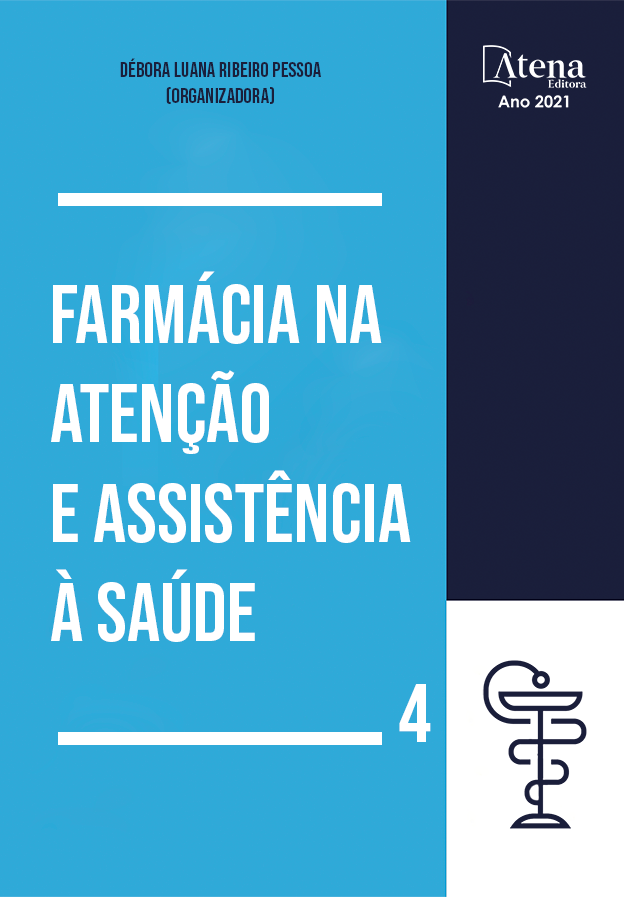
A PERCEPÇÃO DO PACIENTE SOBRE AS DIFICULDADES DE ACESSO AO ÓLEO DE CANNABIS MEDICINAL E O PROCESSO JUDICIAL PARA SUA AQUISIÇÃO LEGAL
A Cannabis sativa (CS) é uma planta medicinal usada milenarmente. Entretanto, apesar da grande quantidade de pacientes que a utilizam, permanece ilegal no Brasil, mesmo para fins medicinais. Isso dificulta e superfatura o acesso. Como forma de aquisição legal desse produto, tem-se optado pela autorização da Agência Nacional de Vigilância Sanitária (ANVISA) para a sua importação, com custo não condizente com os aspectos socioeconômicos brasileiro. Outra alternativa são as ações judiciais, especialmente habeas corpus para cultivo. Em 2020, no Paraná, ocorreu a primeira autorização judicial do país para o cultivo domiciliar de CS. Portanto, a pesquisa objetivou, por meio de um estudo qualitativo, descrever a percepção da paciente, portadora de epilepsia refratária, requerente da licença, sobre as dificuldades e conhecimento, necessários ao contexto do direito à aquisição e ao cultivo, para o tratamento. Para tanto, realizou-se uma entrevista, transcrição fiel por revisão exaustiva e análise do conteúdo a posteriori. No relato da paciente, as percepções da CS como medicamento essencial para a sua doença, do preconceito em relação à moléstia e ao uso da planta, estiveram presentes. Por ser um produto regulado, o medo ao falar com outras pessoas sobre o assunto foi percebido. Ainda, afirmou que o conhecimento sobre o potencial do óleo se deu por meio de buscas na internet e em contato com outros pacientes, que conjuntamente interessaram-se pelo tratamento. Foi identificado no discurso que a maior dificuldade esteve na aquisição do primeiro frasco do óleo. Outrossim, a opção de impetrar um processo, e, nesse, receber autorização de cultivo, foi considerada uma conquista ao direito à saúde e à qualidade de vida. Apesar das novidades regulatórias para o uso medicinal da CS, os pacientes ainda dependem de processos judiciais, e isso foi avaliado pela paciente como um atraso à saúde pública e ao tratamento de doenças complexas.
A PERCEPÇÃO DO PACIENTE SOBRE AS DIFICULDADES DE ACESSO AO ÓLEO DE CANNABIS MEDICINAL E O PROCESSO JUDICIAL PARA SUA AQUISIÇÃO LEGAL
-
DOI: 10.22533/at.ed.99121220313
-
Palavras-chave: Cannabis sativa. Estudo qualitativo. Percepção individual. Proibicionismo. Plantio de Cannabis.
-
Keywords: Cannabis sativa. Qualitative Study. Individual Perception. Prohibitionism. Cannabis Cultivation.
-
Abstract:
Cannabis sativa (CS) is a medicinal plant used for thousands of years. However, despite the large number of patients using it, it remains illegal in Brazil, even for medicinal purposes. This makes access difficult and overpriced. As a form of legal acquisition of this product, it has been opted for the authorization of the National Health Surveillance Agency (ANVISA) for its importation, at a cost not consistent with the Brazilian socioeconomic aspects. Another alternative is legal actions, especially habeas corpus for cultivation. In 2020, in Paraná, the country's first judicial authorization for home cultivation of CS occurred. Therefore, the research aimed, through a qualitative study, to describe the patient's perception, with refractory epilepsy, license applicant, about the difficulties and knowledge, necessary in the context of the right to acquisition and cultivation, for treatment. To this end, an interview was carried out, a faithful transcription by exhaustive review and a posteriori content analysis. In the patient's report, the perceptions of SC as an essential medicine for her disease, prejudice in relation to the disease and the use of the plant, were present. Because it is a regulated product, the fear when talking to other people about the subject was perceived. Still, he affirmed that the knowledge about the potential of the oil was given through internet searches and in contact with other patients, who jointly became interested in the treatment. It was identified in the speech that the greatest difficulty was in the acquisition of the first bottle of oil. Furthermore, the option to file a lawsuit, and, in that case, receive cultivation authorization, was considered an achievement to the right to health and quality of life. Despite the regulatory news for the medical use of CS, patients still depend on lawsuits, and this was assessed by the patient as a delay to public health and the treatment of complex diseases.
-
Número de páginas: 14
- Stefani Naiara dos Santos
- Gabrielle Racoski Custódio
- Isabel Fernandes de Souza
- Aline Preve da Silva
- Ana Carolina Ruver-Martins
- Luana Busanello


